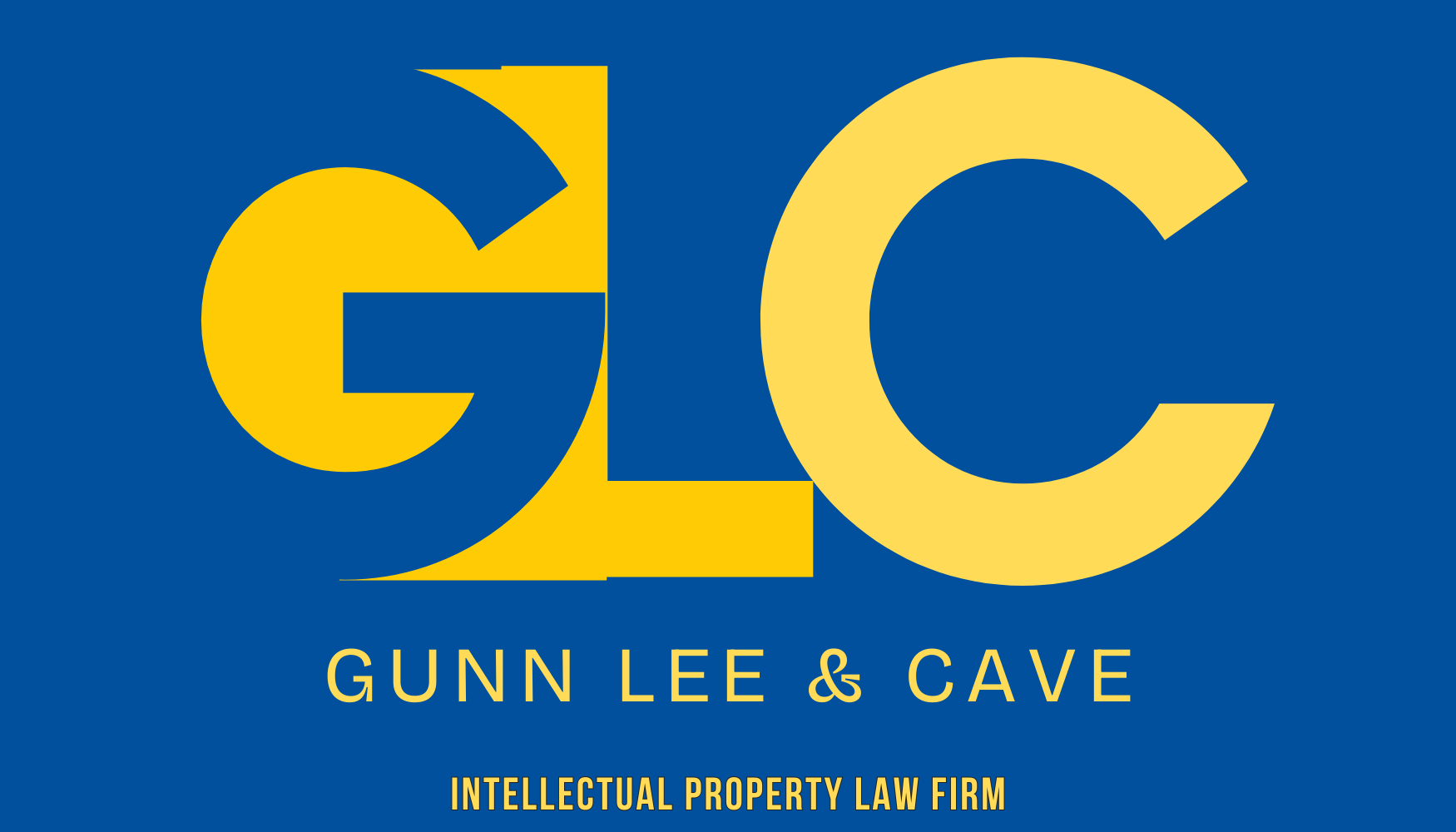November 20, 2025
Understanding trademarks can be complex, and knowing when to seek professional help is crucial for protecting your brand. Here's a comprehensive guide to help you decide if hiring a trademark attorney is right for you. As businesses navigate the intricacies of trademark law, the decision of whether to engage a trademark attorney can significantly impact your company's branding and legal standing.
Understanding the Role of a Trademark Attorney
Trademark law helps in protecting brand names, logos, and other identifiers from being used without permission. It ensures that consumers can distinguish between products and services of different companies, maintaining brand integrity. The process of obtaining a trademark involves understanding specific legal requirements that can vary across jurisdictions, therefore necessitating expertise in the field. Engaging with a trademark attorney provides insight into the complexities of trademark law, helping businesses navigate the process efficiently. Additionally, trademark law aids in fostering fair competition and allows businesses to build trust and loyalty among consumers.
A trademark attorney specializes in issues related to trademark law and is tasked with advising clients on the selection, usage, and protection of trademarks. They prepare and file trademark applications, ensuring compliance with legal standards before submission. Beyond registration, these attorneys are essential for defending trademarks against infringement and managing opposition proceedings when conflicts arise. Their expertise extends to negotiating settlements or representing clients in legal disputes. Overall, the role of a trademark attorney encompasses all aspects of trademark strategy, protection, and legal compliance.
Hiring a trademark attorney provides the benefit of expert guidance throughout the trademark registration process, which can reduce the risk of application errors. They offer insights into strategic trademark use that enhances brand value and market position. Trademark attorneys can save businesses time and resources by effectively handling complex legal and procedural tasks. Their knowledge of international trademark laws is invaluable for companies looking to expand globally. A professional attorney can also deter potential infringement through authoritative documentation and representation.
The Trademark Registration Process
The initial step in trademark registration is conducting a comprehensive search to ensure that a proposed mark is not already in use. This process helps in identifying any potential conflicts that may affect the registration. Trademark attorneys utilize advanced databases to analyze and compare proposed trademarks against existing ones. A detailed analysis involves reviewing the likelihood of confusion, potential infringements, and market viability of the proposed trademark. Proper search and analysis mitigate risks and increase the likelihood of successful trademark registration.
Once the trademark search is complete, the preparation of the application begins, detailing all elements required by the trademark office. This includes a complete description of the goods or services associated with the mark, its class under the Nice Agreement, and graphical representations, if applicable. Trademark attorneys ensure that all necessary information is included and that the application adheres to legal standards to avoid rejections. Their guidance can also help clarify any ambiguities in trademark classifications. Once prepared, the application is filed with the appropriate trademark office, initiating the official examination process.
Office actions are official communications from trademark offices indicating issues with a filed application. These can include objections based on similarity to existing trademarks or technical deficiencies in the application. Trademark attorneys play a critical role in drafting responses to office actions, arguing the uniqueness and distinctiveness of the applicant's mark. Failure to adequately address these issues can result in application rejection, making professional assistance vital. An attorney's capacity to resolve objections often determines the success and speed of the trademark registration process.
Cost Considerations When Hiring a Trademark Attorney
Attorney fees for trademark services can vary widely depending on the complexity of the services required and the attorney's level of expertise. Some attorneys charge flat fees for specific services like trademark searches or application processing, while others may bill by the hour. Businesses need to understand the fee structure and ensure transparency in billing practices to manage costs effectively. Many trademark attorneys offer an initial consultation free of charge, allowing potential clients to discuss their needs and budget. Cost-efficient legal aid is possible when businesses prioritize their requirements according to financial capabilities.
Analyzing the cost versus benefits of hiring a trademark attorney is crucial for small to mid-sized businesses with limited budgets. The attorney's expertise can prevent costly errors, such as trademark rejections or legal disputes, saving resources in the long run. Despite the industry's rapid pace of change since 2020, revenue related to trademark services has been rising, increasing at a CAGR of 2.2% over the past five years. The return on investment often becomes apparent in enhanced brand protection and the avoidance of infringement disputes. Businesses can weigh these benefits against fees to determine the necessity of professional services.
Filing a trademark application independently without professional help requires thorough research and understanding of trademark law. While DIY filing can initially appear more cost-effective, the risk of rejection due to errors or omissions is significantly higher. Professional filing managed by an attorney typically includes comprehensive legal safeguards, reducing the need for subsequent legal intervention. For many businesses, the assurance and strategic input provided by attorneys outweigh the costs compared to a DIY approach. Legal representation supports greater accuracy and efficiency throughout the trademark application process.
Factors to Consider When Choosing a Trademark Attorney
When selecting a trademark attorney, evaluating their experience and expertise in trademark law is essential. Attorneys with extensive experience are better equipped to handle complex trademark issues efficiently. They should have a successful track record of registrations, oppositions, and legal defenses. Insights into their past performance can be gathered through case studies or client testimonials. Ultimately, skilled attorneys will provide comprehensive guidance tailored to the specific needs of a business, ensuring strategic brand protection.
Reputation plays a significant role in the selection of a trademark attorney as it reflects the quality of services and client satisfaction. Reviews and testimonials from past clients offer valuable insights into the attorney's reliability and effectiveness. Positive client feedback often correlates with successful and efficient trademark services. It's advisable to research the attorney's standing within the industry, including any accolades or recognitions. A reputable trademark attorney tends to have a wider network and resources that they can leverage for their clients ' benefit.
Effective communication with a trademark attorney is critical for understanding complex legal scenarios and making informed decisions. Businesses should look for attorneys who prioritize clarity and are accessible for consultations and questions. Accessibility ensures that any unexpected legal issues can be swiftly addressed, preventing prolonged disruptions in brand management. Open lines of communication also allow for better strategic alignment and collaborative problem-solving. Attorneys who maintain transparent and proactive communication practices contribute to smoother trademark management.
Successful Trademark Disputes
Trademark attorneys have played a crucial role in resolving disputes between companies, preventing lengthy and expensive litigation. An example is when an attorney successfully negotiated a settlement that resolved a cross-industry trademark conflict, enabling both parties to coexist peacefully in the market. These resolutions allow businesses to continue operations without the uncertainty of ongoing legal battles. Attorneys bring invaluable negotiation skills, often achieving outcomes that favor both sides while upholding trademark rights. Such case studies highlight the efficacy of professional assistance in maintaining business integrity and continuity.
By engaging a trademark attorney early in the trademark process, businesses can often avoid potential legal confrontations. In one case, an attorney identified potential infringement issues during the search phase, allowing the company to make strategic adjustments. This preemptive action averted what could have been a costly and protracted legal battle. Trademark attorneys' forward-thinking approaches ensure risks are managed proactively, securing a business's market position. Cost savings from circumventing drawn-out litigation emphasize the value of involving legal professionals from the outset.
Deciding whether or not to hire a trademark attorney can be a pivotal decision for your business. Understanding the complexities of trademark law and assessing both your needs and financial situation are vital steps. Utilize this guide to make an informed choice that best aligns with your business goals and resources. For more information about the services that we offer, reach out to our incredible team at Gunn, Lee & Cave, P.C.



